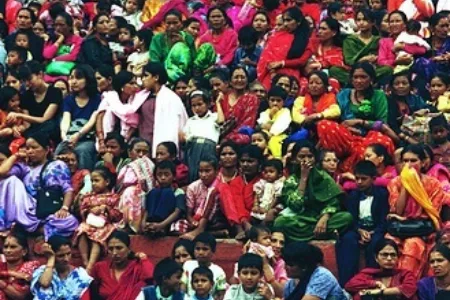Promoting inclusion in political settlements: a priority for international actors?

There is growing evidence of the importance of inclusive political settlements in enabling a sustainable exit from conflict, particularly in contexts where exclusion has been a major conflict driver. Similarly, at the policy level many international actors working in fragile contexts are seeking to strengthen their work on political settlements, including by promoting greater inclusion in political settlement bargaining processes and outcomes. This report seeks to draw out some key lessons for international engagement on political settlements in fragile contexts.
The report summarises the current evidence about the importance of inclusive political settlements in different types of fragile context. It also discusses what forms, levels, and processes of inclusion are both desirable and possible. It goes on to explore lessons from three countries – Rwanda, Guatemala and Nepal – where exclusion was a key driver of conflict and inclusive political settlements have been a central element of peacebuilding, albeit in very different ways. Finally, the report examines the role international actors can and do play in shaping political settlements in fragile states and discusses some of the main entry points, dilemmas and challenges they may face in promoting greater inclusion in political settlements.